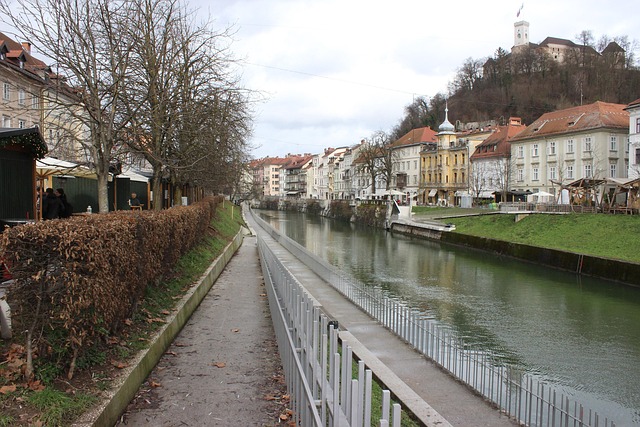Scheme 33 is transforming Karachi's urban landscape through innovative waste management strategies, setting a global benchmark for sustainable development. This initiative connects communities, businesses, and government to provide efficient sanitation services in the bustling metropolis, addressing pressing health and hygiene challenges. By employing advanced technologies and fostering community engagement, Scheme 33 enhances public health, contributes to a cleaner environment, and inspires cooperation among diverse groups in vibrant Karachi.
“Karachi, Pakistan’s bustling metropolis, faces longstanding challenges in sanitation, prompting the introduction of Scheme 33—a transformative initiative. This article delves into the intricacies of this innovative program, exploring its impact on Karachi’s neighborhoods. We analyze how Scheme 33 enhances waste management, improves public health, and fosters community engagement. By understanding these facets, we uncover the potential for sustainable urban development in Karachi.”
- Understanding Scheme 33: Sanitation's Reach in Karachi
- The Current State of Sanitation in Karachi's Neighborhoods
- How Scheme 33 Transforms Waste Management and Public Health
- Community Engagement: A Cornerstone of Scheme 33's Success
Understanding Scheme 33: Sanitation's Reach in Karachi

Scheme 33, a pioneering sanitation services initiative, has brought significant changes to the urban landscape of Karachi. This comprehensive program aims to transform the way the city manages its waste and promotes a cleaner, healthier environment for its residents. By implementing innovative strategies, Scheme 33 reaches every corner of Karachi, ensuring efficient waste collection and disposal.
The scheme’s success lies in its ability to connect with local communities, businesses, and government bodies. It offers tailored solutions for different areas within the metropolis, addressing unique challenges that each neighborhood faces. With a dedicated team and advanced technology, Scheme 33 is revolutionizing sanitation services in Karachi, setting a benchmark for sustainable urban development and inspiring other cities to follow suit.
The Current State of Sanitation in Karachi's Neighborhoods

Karachi, Pakistan’s economic hub, faces significant challenges in maintaining adequate sanitation standards across its diverse neighborhoods. The current state of sanitation in these areas is a complex issue, marked by disparities between well-maintained commercial districts and residential neighborhoods plagued by waste management problems. Overcrowding, rapid urbanization, and inadequate infrastructure have contributed to the accumulation of solid waste and unsanitary conditions, impacting the health and well-being of residents.
The bustling streets of Karachi often display a stark contrast: while some areas boast clean and organized public spaces, others struggle with open dumpsites and overflowing bins. This uneven distribution of sanitation services is further exacerbated by limited access to basic amenities, particularly in low-income settlements. As a result, residents face health risks associated with poor hygiene, making it imperative for effective sanitation schemes like Scheme 33 to address these pressing issues.
How Scheme 33 Transforms Waste Management and Public Health

Scheme 33, a pioneering initiative in Karachi, is transforming waste management and public health through its comprehensive approach. This innovative program aims to revolutionize the way solid waste is handled in urban areas, addressing the pressing challenges of sanitation and hygiene. By implementing advanced technologies and efficient collection methods, Scheme 33 ensures that waste is collected, transported, and processed safely and sustainably.
The scheme’s impact extends beyond environmental benefits. Improved waste management directly contributes to better public health by reducing the spread of diseases carried by garbage. Karachi, known for its bustling streets and diverse communities, stands to gain significantly from this initiative. Scheme 33 fosters a cleaner, healthier environment, enhancing the quality of life for residents and visitors alike, and setting a benchmark for urban waste management in Pakistan.
Community Engagement: A Cornerstone of Scheme 33's Success

In the vibrant and bustling city of Karachi, community engagement is a cornerstone of Scheme 33’s success. This initiative has recognized that true sanitation improvement goes beyond infrastructure; it requires the active participation and support of local residents. By involving the community from the outset, Scheme 33 has fostered a sense of ownership and collective responsibility for maintaining clean and healthy environments. Regular awareness campaigns, workshops, and open dialogues have been instrumental in educing citizens about the importance of proper waste management practices.
The scheme’s leaders have successfully navigated the intricate labyrinthine of urban dynamics in Karachi, ensuring that every member of the community feels empowered to contribute. Through these efforts, Scheme 33 has not only enhanced sanitation services but also created a symphony of cooperation where folks from all walks of life come together to preserve and improve their city’s cleanliness, leaving an indelible testament to what can be achieved when communities work in harmony.
Scheme 33 has emerged as a game-changer in enhancing sanitation services in Karachi, significantly improving public health and the overall quality of life for its residents. By integrating community engagement with innovative waste management strategies, this initiative is transforming the landscape of urban sanitation in Pakistan’s bustling metropolis. As Scheme 33 continues to expand, its success story serves as a testament to the power of collaborative efforts in tackling complex urban challenges.

Leave a Reply